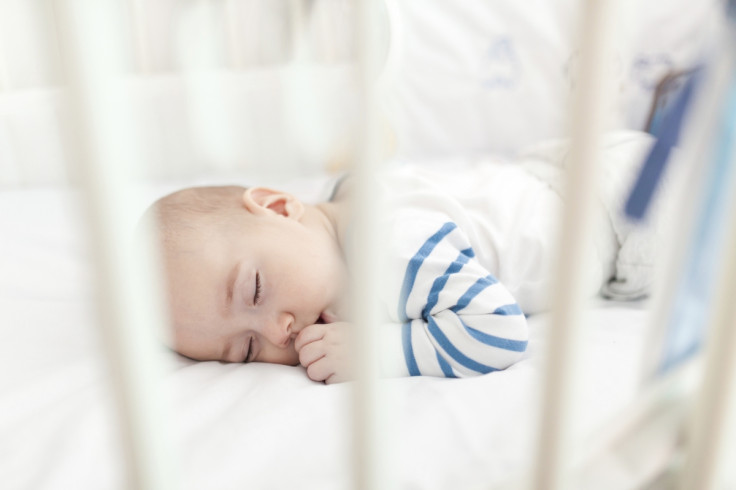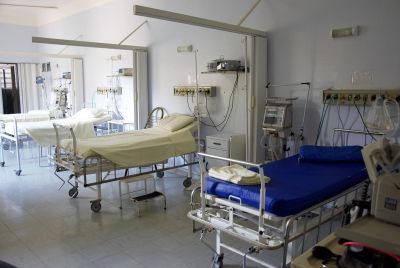Possible breakthrough in preventing Sudden Infant Death Syndrome
Doctors have discovered babies who died from SIDS had low levels of brain protein orexin.

A study could offer parents and doctors hope in preventing Sudden Infant Death Syndrome (SIDS) in newborn babies. SIDS, also known as cot death or crib death, kills around 300 babies a year in Britain. Before the disorder was identified, many parents were accused of killing or smothering their own children.
Currently there is no explanation as to why SIDS kills, although a range of risk factors have been identified in recent years. They include being born premature or having a low birth weight.
Parents are offered guidelines such as not letting babies sleep face down or be near cigarette smoke. However, now researchers hope to develop a screening at birth which could reduce the risk of SIDS.
Australian scientists have found that babies who died from the disorder had low levels of a brain protein called orexin. After examining 46 babies who had died, 27 of whom had SIDS, in an 11-year study, they discovered babies who died from SIDS had 20% lower levels of orexin than the others.
Orexin, also called hypocretin, regulates arousal, wakefulness and appetite. Some people that suffer from narcolepsy - a sleep disorder that causes chronic sleepiness and involuntarily sleep - have low levels of orexin in the brain.
The researchers believed that orexin, a neuropeptide, is responsible for sleep regulation and causes babies to roll over when they do not have enough oxygen. The findings of the study were published in the journal Molecular Neurobiology in October.
A senior clinical lecturer at the University of Sydney and manager of the sleep unit at the Children's Hospital at Westmead, Dr Rita Machaalani, said, according to the Sydney Morning Herald: "It could be used as a screening tool, but first we need to know if this [protein] is changed in the blood, and those changes are seen in the brain. And then we need to look at genetics to see if it is inherited,"
Earlier this year, American researchers discovered a second protein that they believe is linked to SIDS. The study, published in April in the journal Experimental Physiology, identified the brain chemical serotonin, a neurotransmitter. The brains of infants who died from SIDS displayed lower levels of serotonin and serotonin receptors.
How to reduce the risk of SIDS (source: NHS choices)
Place your baby on their back to sleep, in a cot in the same room as you for the first six months.
Don't smoke during pregnancy or breastfeeding and don't let anyone smoke in the same room as your baby.
Don't share a bed with your baby if you've been drinking alcohol, if you take drugs or you're a smoker.
Never sleep with your baby on a sofa or armchair.
Don't let your baby get too hot or cold.
Keep your baby's head uncovered. Their blanket should be tucked in no higher than their shoulders.
Place your baby in the "feet to foot" position (with their feet at the end of the cot or Moses basket).
© Copyright IBTimes 2025. All rights reserved.






















